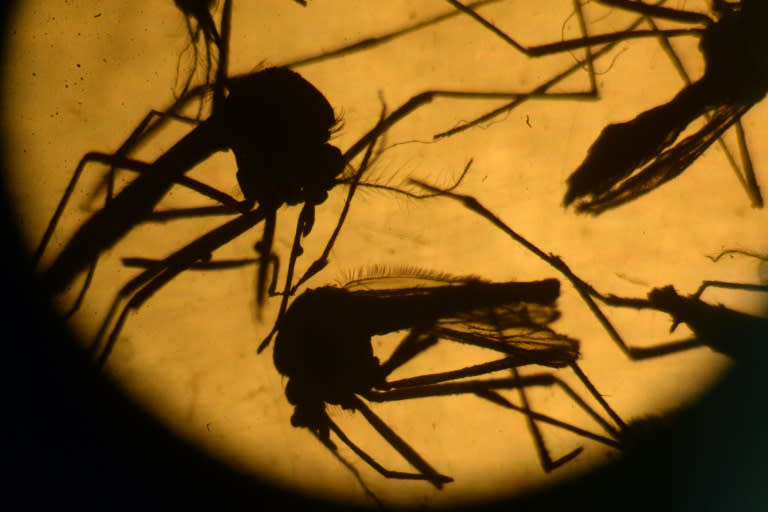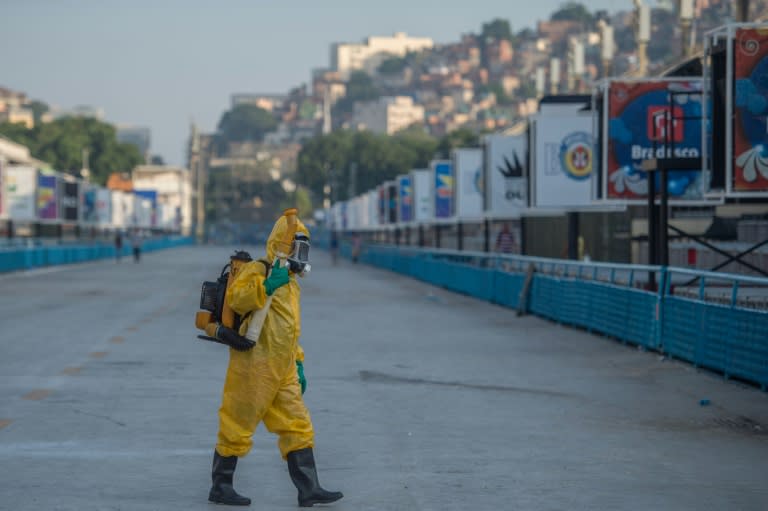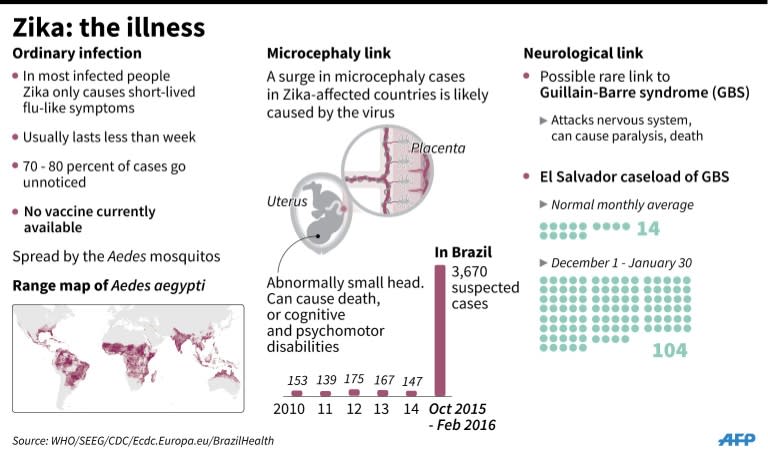Large-scale trials for Zika vaccines at least 18 months away: WHO
Large-scale trials for Zika virus vaccines are at least 18 months away, while establishing a possible link between the virus and two more harmful conditions will likely only take weeks, the World Health Organization said Friday. An estimated 15 companies or groups have begun work on a vaccine for the previously obscure virus which has now become a global concern, WHO's deputy director for health systems and innovation Marie-Paule Kieny told journalists. There are currently two candidates which appear most promising, including one vaccine being developed by the US National Institutes of Health and another from India-based Bharat biotech, Kieny said. "In spite of this encouraging landscape, vaccines are at least 18 months away from large-scale trials," she added. Meanwhile, Kieny said it would take an estimated "few weeks" to establish whether Zika causes microcephaly and the severe neurological disorder Guillain-Barre syndrome. While most people infected with Zika have only mild symptoms, rising anxiety about the virus is driven by its strongly suspected link to the two more serious conditions. Microcephaly can cause babies to be born with abnormally small heads and brains, while Guillain-Barre can cause paralysis or even death. WHO has said Zika's link with microcephaly was "strongly suspected," while Kieny told journalists Friday that the causal relationship with Guillain-Barre was "highly probable." "I think the evidence is building on the causal link," she added, explaining that an ongoing trial among pregnant woman in Colombia was expected to yield new evidence soon. - Testing, treatment vs prophylaxis - Zika, which is carried by mosquitos, has spread rapidly through Latin America and the Caribbean, with multiple governments in the most affected areas urging women to avoid getting pregnant for the time being. Brazil, the hardest hit country, has recorded 1.5 million Zika cases since early 2015 and concern is mounting about the potential dangers of hosting this summer's Olympic Games in Rio de Janeiro. While a usable vaccine remains a priority, Kieny underscored that advances in testing were also urgently needed. She said an estimated 20 companies were at various stages of development for a range of diagnostic methods and that rapid testing systems which can be particularly useful in more remote areas were a priority. Treatment options for Zika were also being looked at but the prospects are complicated by the fact that most people infected by the virus do not display visible symptoms. "In infected people you have barely nothing to treat... You would have to treat very quickly because the peak of the virus is very short," Kieny said. For this reason, preventative measures, including chemical prophylaxis, "would be preferrable to treatment", the WHO expert said. The situation caused by the rapid spread of Zika led WHO to declare an international health emergency on February 1. Governments across Latin America have launched a range of programmes in an effort to contain the spread, including measures to attack mosquito populations and curb breeding of the insect. In Brazil, some 220,000 soldiers are set to go door-to-door on Saturday to hand out leaflets advising of a massive insecticide spraying campaign. Kieny noted that the UN agency's "relatively poor knowledge" of Zika had affected research and development (R&D) options to contain the virus and stop its spread. But, she said, the emergency R&D response systems set up following the Ebola epidemic in West Africa was proving useful and the response to Zika was "proceeding very quickly."





